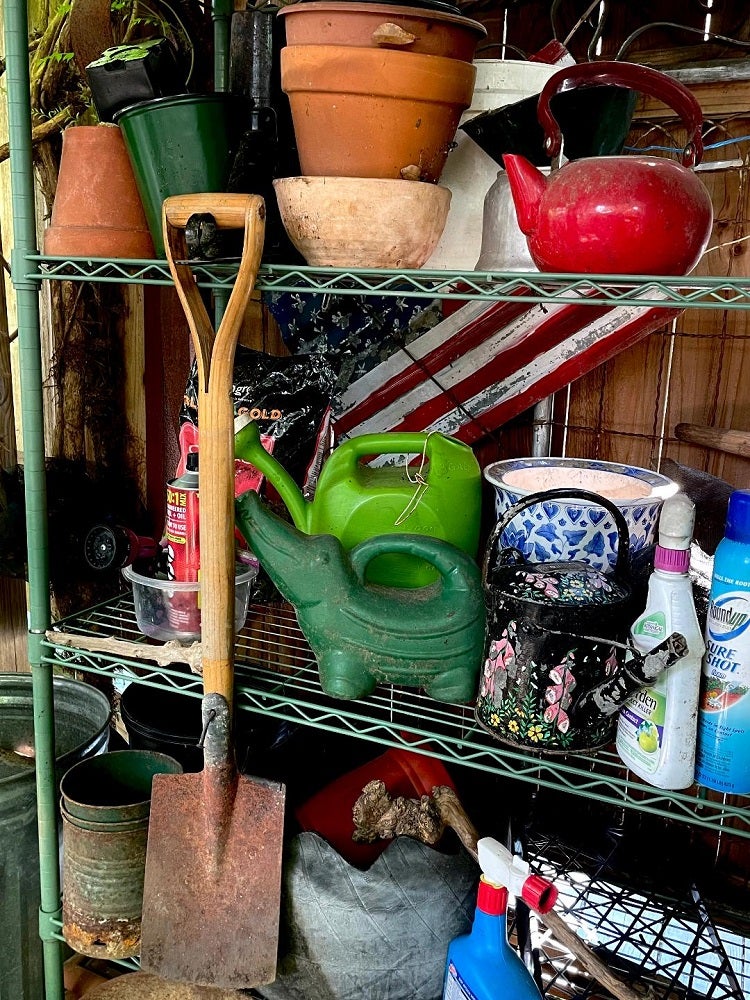Elderly may see drastic cuts in Medicaid, Medicare services part 2
Published 7:00 am Friday, June 30, 2017
By Trudy Lieberman
Older Americans may be in for a rough ride if the changes Washington politicians are considering come to pass. Because good, explanatory journalism is in short supply and TV shouting matches don’t tell you much, I decided to use this space to discuss some of the possible changes that could soon affect millions of people in their 60s and older.
In a state that opts out, according to the Congressional Budget Office, a 64-year-old with an income of $26,500 could pay as much as $16,000 in annual premiums while a 21-year-old with the same income might pay only $1,700. People would get tax subsidies depending on their age, but subsidies gradually phase out the higher the income, still leaving older people with a large premium. While this is only an illustration, it’s fair to say they would take a pocketbook hit.
They’d be hit again if a state rejects Obamacare rules that require insurers to cover people with pre-existing conditions. If they no longer could buy coverage, they’d have to turn to state high-risk pools, an old-fashioned solution that didn’t work well.
And then, what about Medicare? One of the biggest changes so far is the elimination of Medicare State Health Insurance Assistance Programs also known as SHIPs. Over 7 million people annually seek help from the SHIPs to understanding Medicare and choose Medigap policies and Medicare Advantage plans.
Because this program may disappear, if you think you’ll need help with Medicare, I suggest you check in with your local program as soon as possible.
Other services seniors rely are also on the chopping block. The Trump administration’s budget calls for cuts in rental and heating assistance. Rental assistance for low-income families would affect some 250,000 households that receive housing vouchers, and the Center for Budget and Policy Priorities estimates that about 60,000 of those households include seniors.
The Low Income Home Energy Assistance Program (LIHEAP) may also disappear. About 40 percent of eligible households include at least one person aged 60 and older.
Cuts to the food stamp program; and the elimination of federal funds to states through what’s called a block grant will also mean some meals on wheels programs will have a harder time serving seniors. Directors of meals programs told me waiting lists in some communities will be much longer.
At stake is what kind of life Americans want for their oldest citizens?
Pamela Tainter-Causey, the communications director for the National Committee to Preserve Social Security and Medicare, offered one answer: “We are saying that seniors are becoming the forgotten class.”
Would seniors you know be affected by the changes being considered? Write to Trudy at trudy.lieberman@gmail.com.




